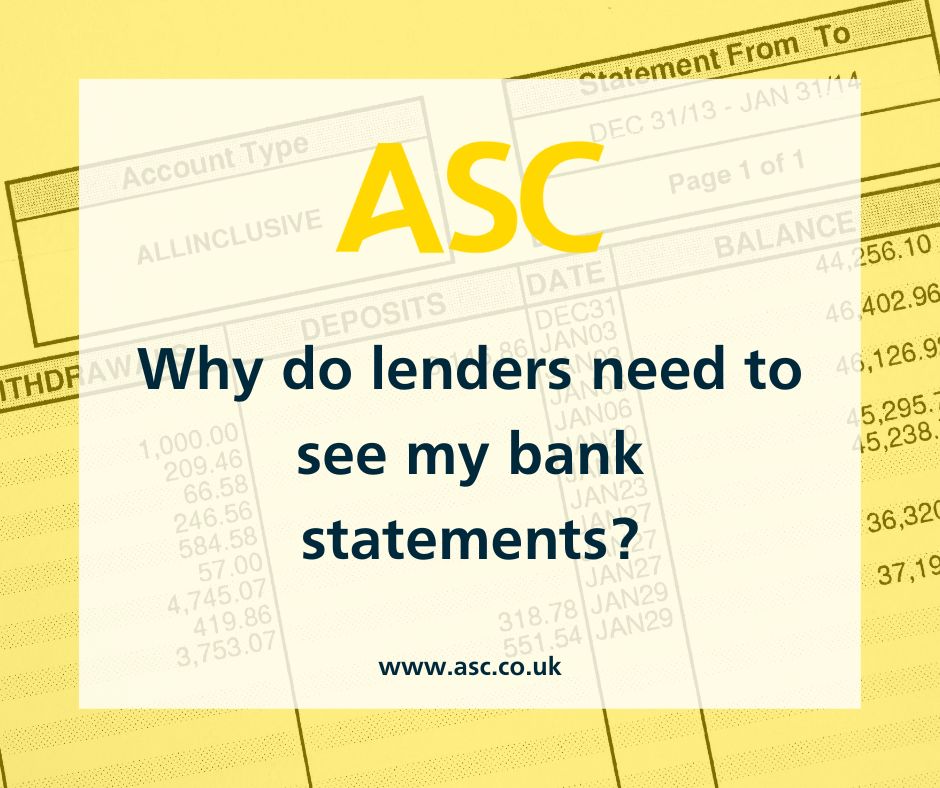It is a question we often get asked by our clients. When we are discussing their commercial finance requirements with them, we go through the documentation that lenders might request as part of their underwriting. One thing lenders often ask for is the borrower’s bank statements. And one thing the borrower often asks is “why?”
The answer is usually quite simple. You can tell a lot about a person from their bank statements, in particular about their spending habits. Lenders don’t really care if you like going out to restaurants, or spend money on your stamp collection, but there are things that they look for. These include:
What should you do if you think there are items on your statements that might cause issues? The first answer is to speak to us. The importance that lenders will place on the bank statements will vary depending on the amount you are looking to borrow, and the type of commercial finance. The right approach is to understand your overall financial situation before talking through the options available.
